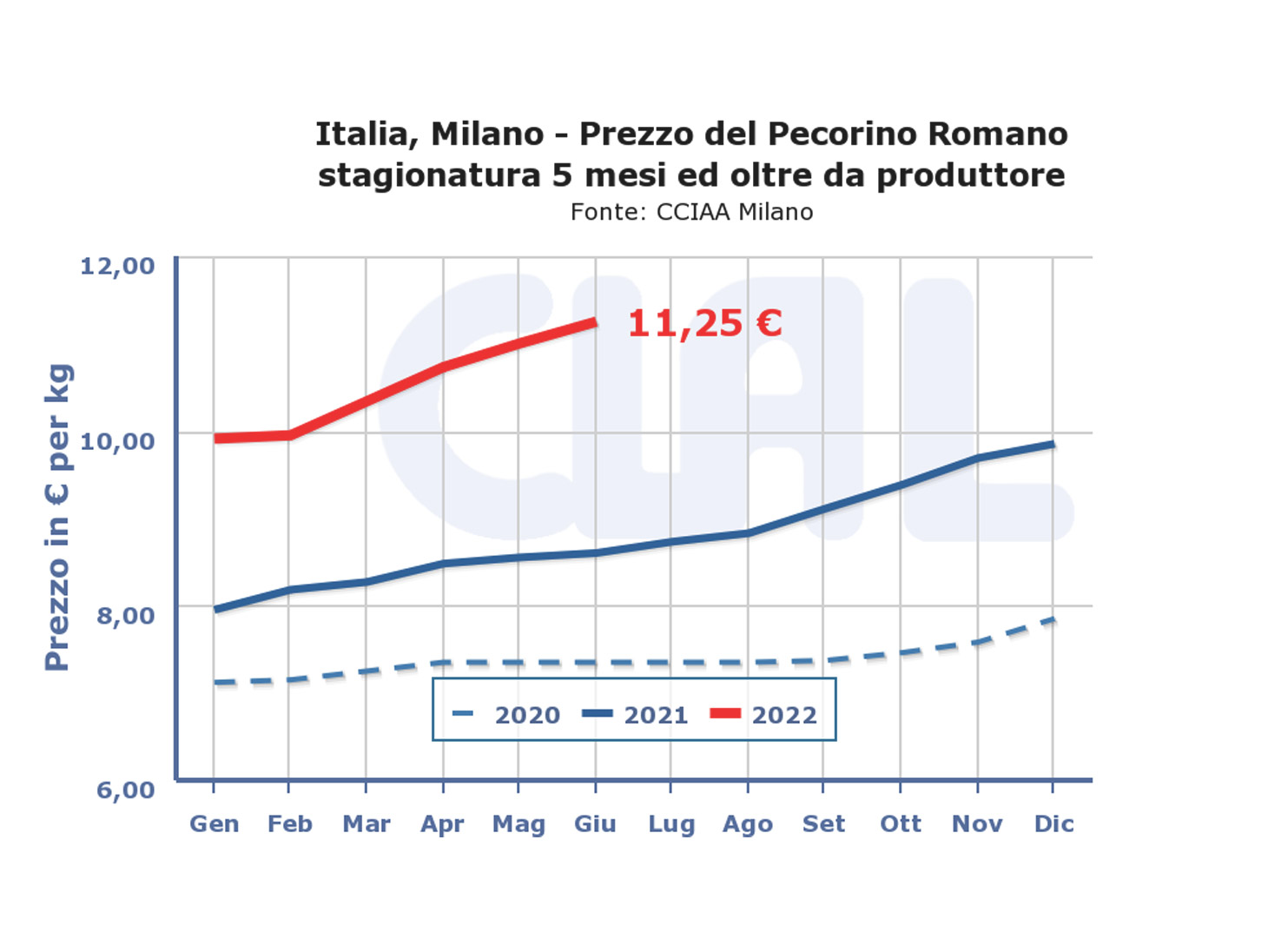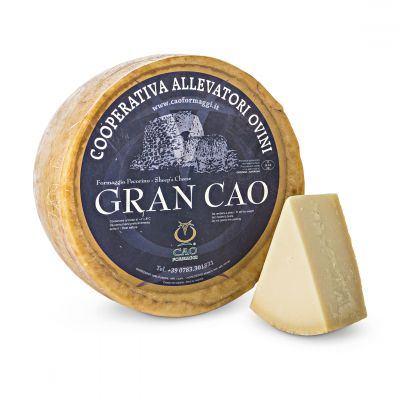Let’s talk about the causes that led to the drop in production and the reasons for a stratospheric price
⏱ 1 MINUTE READING
Among the many critical situations of the recent months in the food industry there is the lack of one of the most important DOP cheese, Pecorino Romano.
A cheese that was mistreated in Italy up to 5 years ago because it was considered salty and not worthy of being tasted on its own, however essential ingredient for the most famous first courses of Italian gastronomy, pasta cacio e pepe and carbonara.
INCREASING DEMAND
Since these recipes have become widespread even at home, a growing internal demand has been generated.This, combined with a steady important demand from the United States, has unbalanced the famous trade-off between supply and demand.
Today is available less Pecorino Romano than needed, and you have certainly noticed it in the last two months since we often have not been able to satisfy everyone’s needs.
This is happening on an international scale too, and producers, as always happens in these cases, raise the price.
"Price per batch registered in Milano stockmarket for Pecorino Romano aged 5 months or more by the producer" - Source: CLAL.it
DECREASE IN PRODUCTION: THE MILK
To complete the picture, I should add that during the winter months 10% less Pecorino Romano was produced (in kg) than in the previous year, and we see the results today when the minimum maturation is reached.
Less cheese is produced because less milk is collected, less milk is collected because some farmers throw in the towel.
With rising costs (e.g. energy, fuel, feed, fertilizers, etc.) it makes no sense to produce milk, since it is sold at a price that has no added value. And the ones that keep on with production is often forced to go into debt.
DECREASE IN PRODUCTION: OTHER REASONS
Furthermore, there has been a resurgence among the flocks of the “blue tongue”, a viral disease affecting ruminants, which has reduced the ovi-caprine population, and a delay in lambing which has caused the lactation cycles to start late, as well as cheese production. Moreover we can add the shortage of pastures linked to the winter and spring drought. And then hardly anyone wants to do the shepherd’s work anymore.
The price reached by Pecorino Romano PDO has no equal, we expect and hope that after the summer it can go backwards. However, in the meantime, it seemed to us appropriate to give you an explanation of what is happening, giving you some food for thought to help you better understand the current market dynamics of this product.
Alessandro De Conto
Sales Director





